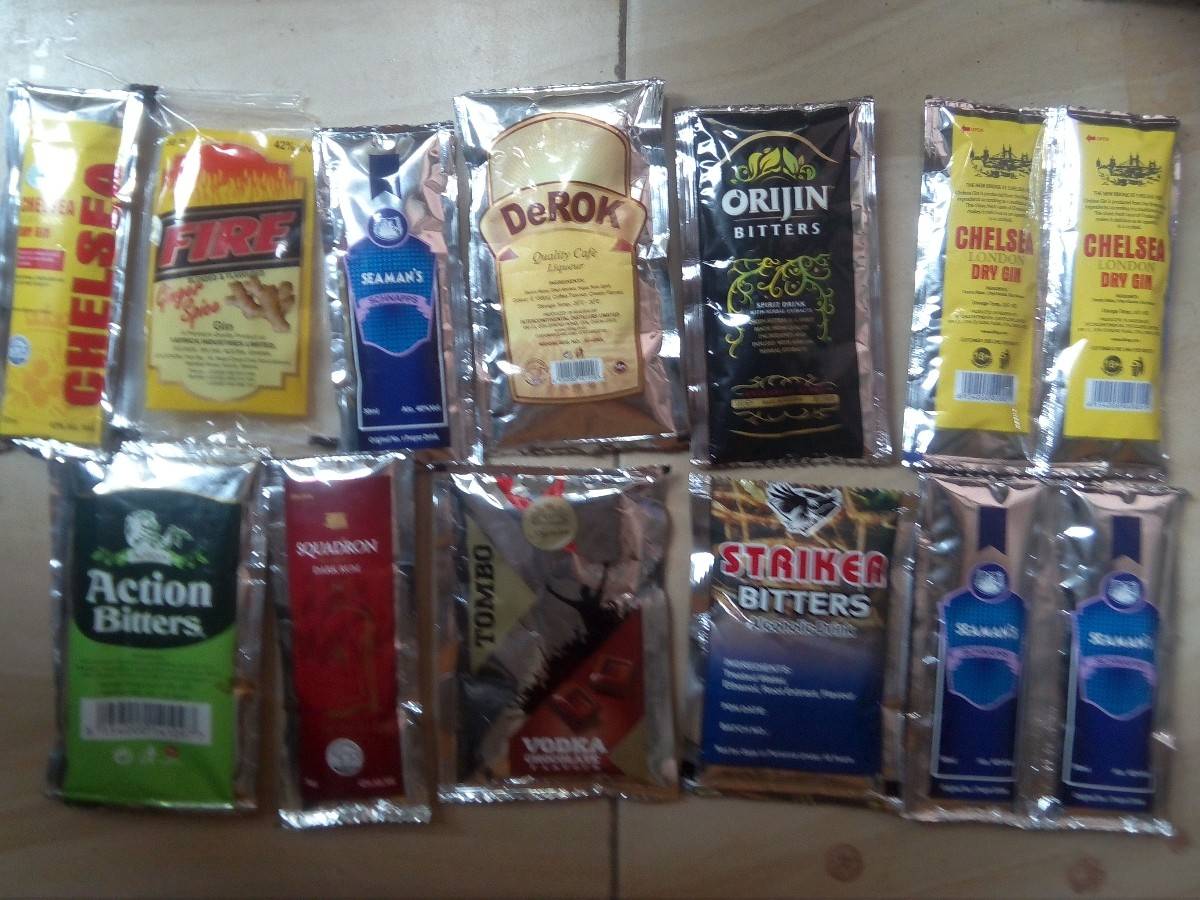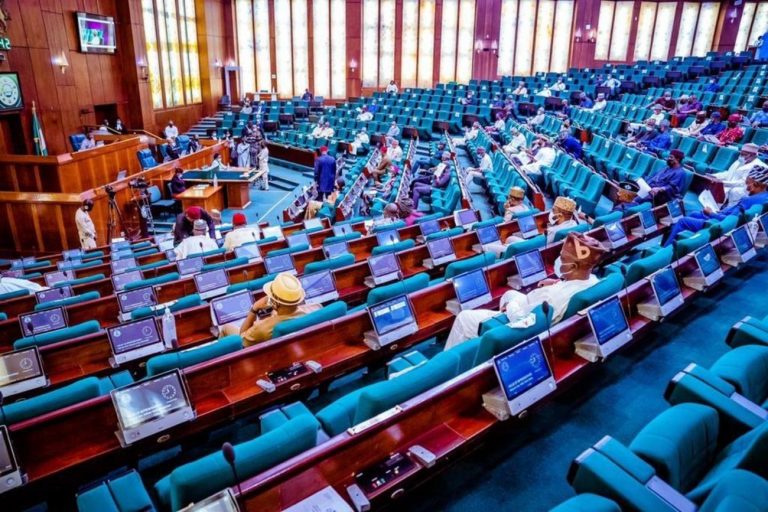FG bans production, sale of alcohol in sachets, small bottles over health concerns
In a decisive move to curb alcohol abuse and protect public health, the Federal Government has announced official ban on the production, sale and distribution of alcoholic beverages packaged in sachets and bottles below 200 millilitres,
According to the National Agency for Food and Drug Administration and Control, NAFDAC, full enforcement of the ban will begin on January 1, 2026.
Director-General of NAFDAC, Prof. Mojisola Adeyeye, who disclosed this while speaking at a briefing in Abuja on Tuesday, said the Federal Government had also approved the recruitment of 1,000 additional personnel for the agency, starting in December, to strengthen its regulatory and enforcement capacity.
According to her, the ban followed a Senate resolution and a directive from the Federal Ministry of Health and Social Welfare, reinforcing NAFDAC’s mandate to safeguard public health and protect vulnerable groups, particularly children, adolescents and young adults, from the harmful effects of alcohol.
“This decisive action underscores our duty to protect Nigerians from the health and social hazards of unregulated alcohol consumption. Alcohol in sachets and small bottles is cheap, accessible, and easily concealable, making it a major driver of misuse and addiction, especially among minors and commercial drivers,” she stated.
The NAFDAC DG also noted that the proliferation of high-alcohol-content drinks in small packages has created not just a public health challenge but also a national security concern, as early alcohol exposure among youths often leads to substance abuse and criminal behaviour.
“This public health menace is associated with increased domestic violence, road accidents, school dropouts, and other social vices,” she added.
Adeyeye stressed that the ban is protective, not punitive, and is guided by scientific evidence and global best practices.
“Our decision is to protect the health and future of Nigerian youths. We cannot continue to trade national well-being for short-term economic benefits. The health of our people is the true wealth of the nation,” she said.
She clarified that the regulation specifically targeted spirit drinks packaged in sachets and small-volume PET or glass bottles below 200ml, and does not apply to all alcoholic beverages.
Recounting previous efforts, the NAFDAC DG explained that in December 2018, the agency, alongside the Federal Ministry of Health and the Federal Competition and Consumer Protection Commission, FCCPC, signed a five-year Memorandum of Understanding, MoU, with industry associations – the Association of Food, Beverage and Tobacco Employers, AFBTE, and the Distillers and Blenders Association of Nigeria, to phase out such packaging by January 2024.
That moratorium was later extended to December 2025 to allow operators adjust their production processes.
Prof. Adeyeye emphasised that the Senate’s latest resolution aligned with both the earlier agreement and Nigeria’s commitment to the World Health Organization’s Global Strategy to Reduce the Harmful Use of Alcohol (WHA63.13, 2010).
She urged all stakeholders,manufacturers, distributors, and retailers,to comply fully with the December 2025 deadline, warning that no further extension will be granted.
“This is a shared responsibility. We must act collectively to protect the health, safety, and future of our nation,” she further said.
Source: Vanguard newspaper







